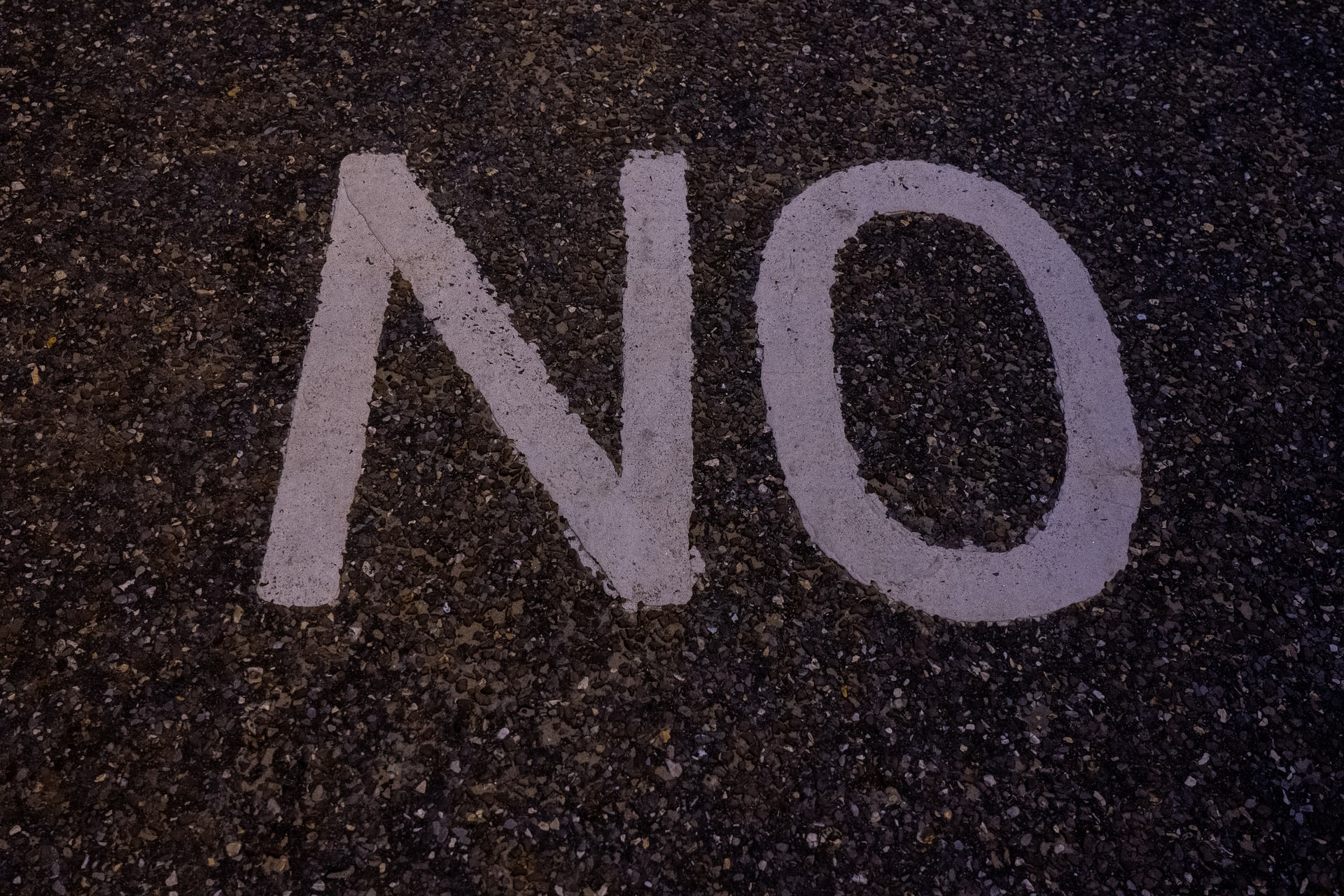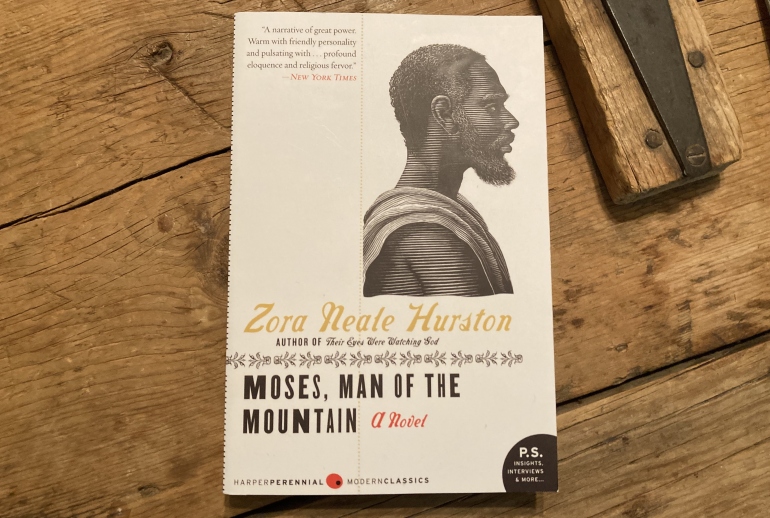Journalist George Packer points out in The Atlantic that some forms of courage (moral courage) are harder than others (physical courage). When I first read that, I confess I was a bit dubious. I’ve always assumed that if someone is courageous in, say, rescuing a baby from a burning house, they will be equally courageous speaking up about injustice at the office. After all, since they put their life at risk saving the child, wouldn’t they be equally quick to risk their job, which is worth far less than their life, by taking a stand against misogyny by a supervisor? Both instances require courage, and the second (moral courage) should be easier than the first (physical courage) because the risk is substantially less (job or advancement v life and limb). But Packer insists I have it backwards.
‘I believe moral courage is more difficult than physical courage,’ Ronald Neumann, the retired ambassador, told me. ‘I was an infantry officer in Vietnam. Some courageous officers on the battlefield became very cautious bureaucrats.’ Physical courage in battle is made easier by speed, adrenaline, comrades. ‘Moral courage—you have, in many cases, lots of time, it’s a solitary act,’ he said. ‘You are fully aware of potential repercussions to your career, and it’s harder. It shouldn’t be harder—you’re not going to get killed—but that’s the way it is.’
This observation suggests a host of interesting issues worth reflection.
For one thing, it isn’t a new issue. When Joshua was about to assume the leadership of Israel after the death of Moses, God spoke to him about the task ahead of him. He made promises (no enemy will prevail against you, Israel will receive a land, I will be with you) and gave instructions (cross the Jordan River, follow and meditate on my law). In this conversation God repeats himself three times: “Be strong,” he tells Joshua, “and courageous” (Joshua 1:6,7,9).
Knowing what Moses went through as leader of Israel, the three-fold instruction to be courageous would have made me nervous. I would wonder, for example, whether God knew I might hesitate at the crucial moment. Apparently, John Calvin saw the same thing implied in God’s three-fold command. “From this passage,” Calvin writes in his commentary on Joshua 1:6, “let us learn that we can never be fit for executing difficult and arduous matters unless we exert our utmost endeavors, both because our abilities are weak, and Satan rudely assails us, and there is nothing we are more inclined to than to relax our efforts.” Calvin is suggesting, to use George Packer’s terminology, that moral courage is more difficult than we might imagine. We will need to be intentional and “exert our utmost endeavors.”
Another implication of Packer’s insight is that it might explain why so many national political and media leaders have been willing to sacrifice principle in order to achieve and maintain power, wealth or fame. Or why so many Christians have been willing, even eager, to support candidates who violate their norms of virtue, goodness and civility in order to achieve some political end but refuse to stand with members of Black Lives Matter for racial equality and justice because the organization promotes values with which they disagree. Jesus referred to such ethical quibbling as straining out a gnat and swallowing a camel (Matthew 23:24).
Another implication of Packer’s insight is personal and practical. Intensely personal and practical, in fact, because it suggests we need to consider whether we are people of moral courage and whether we are helping our children (both physical and spiritual) to grow into people of moral courage as well. There should be no question that God requires us “to do justice, and to love kindness” (Micah 6:8). The ancient Hebrew proverb sums up our responsibility well: “Do not withhold good from those who need it, when you have the ability to help.” In 1722-23, Jonathan Edwards wrote a series of “Resolutions” for himself that he determined to read once a week to remind himself of what he considered important for his life. The first one, in part, reads, “Resolved to do whatever I think to be my duty, and most for the good and advantage of mankind in general. Resolved to do this, whatever difficulties I meet with, how ever so many and how ever so great.” And the writer to the Hebrews warns that things can turn difficult when we are going through hard times ordained by our heavenly Father to cause us to grow in righteousness. “Therefore, lift your drooping hands and strengthen your weak knees” (12:12). The metaphor is a good one and conjures up images of exactly what we feel when our courage flags because of the risk involved.
Moral courage always involves risk, and if most of us are anything we are risk adverse. Young believers will need, in community with wise, more experienced people in their field think through what issues they will face, when and how to try to push back or fight, when to remain silent, and how to determine which battles are worth fighting. In multiple places and multiple ways God calls us to “Be strong and courageous.” It’s our job to figure out what that means in our world and lives. And if we need some added motivation, it’s interesting to note that “the cowardly” are actually included with murderers, sorcerers and liars as worthy of damnation (Revelation 21:8).
One reason moral courage is difficult is because we tend to be alone, isolated when it is required— “it’s a solitary act,” Neumann says. Here Christians should have an advantage, if we can shed the pernicious individualism and notion of libertarian freedom our world holds dear. As the community of God’s people, we can make certain that if one suffers for taking a stand against injustice or inequality, the rest will have their back. This will require a reassessment of resources and given the ideological captivity of so many might be a difficult challenge to even convince them this is part of the calling of the church. And of course, we may not all agree on when to take a stand and how—one more issue to work through compassionately, with much prayer and a willingness to listen.
This is also a reminder to me of my need for what used to be called forbearance, patience with those who fail to measure up to the standard I have set. I may want you to take a firm public stand quickly for something I think important. And it may actually be important. But I do not walk in your shoes, and do not know the turmoil in your heart and conscience, or the fear you feel for the risks involved. I may not know that you are already standing firm in another arena and simply cannot take on a second front in the battle for goodness. The courage you need will always be easier in my imagination than in your life.
The situation requiring courage in you will always require forbearance in me. And who knows which will turn out to be the most difficult?
Almighty God, who created us in your own image: Grant us grace fearlessly to contend against evil and to make no peace with oppression; and, that we may reverently use our freedom, help us to employ it in the maintenance of justice in our communities and among the nations, to the glory of your holy Name; through Jesus Christ our Lord, who lives and reigns with you and the Holy Spirit, one God, now and for ever. Amen.
Sources: “How to Destroy a Government: The President is Winning His War on American Institutions by George Packer in The Atlantic (April 2020; pp 54-74) p. 72. Jonathan Edwards’ Resolutions and Advice to Young Convertsedited by Stephen J. Nichols (Phillipsburg, PA: P&R Publishing; 2001) p. 17. Book of Common Prayer “Collects: Contemporary, 21. For Social Justice.”
For further reading on how leaders fail to take a stand against policies or practices that are contrary to their values see “Collaborators: What causes people to abandon their principles in support of a corrupt regime? And how do they find their way back?” in The Atlantic (July / August 2020) pp. 48-62.
Photo credit: Photo by Nick Fewings on Unsplash



